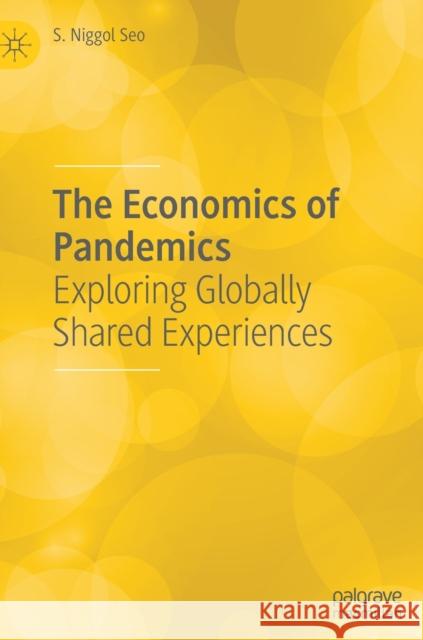The Economics of Pandemics: Exploring Globally Shared Experiences » książka
topmenu
The Economics of Pandemics: Exploring Globally Shared Experiences
ISBN-13: 9783030910204 / Angielski / Twarda / 2022 / 336 str.
The Economics of Pandemics: Exploring Globally Shared Experiences
ISBN-13: 9783030910204 / Angielski / Twarda / 2022 / 336 str.
cena 442,79
(netto: 421,70 VAT: 5%)
Najniższa cena z 30 dni: 424,07
(netto: 421,70 VAT: 5%)
Najniższa cena z 30 dni: 424,07
Termin realizacji zamówienia:
ok. 16-18 dni roboczych.
ok. 16-18 dni roboczych.
Darmowa dostawa!
Kategorie:
Kategorie BISAC:
Wydawca:
Springer Nature Switzerland AG
Język:
Angielski
ISBN-13:
9783030910204
Rok wydania:
2022
Ilość stron:
336
Waga:
0.54 kg
Wymiary:
21.01 x 14.81 x 1.91
Oprawa:
Twarda
Wolumenów:
01
Dodatkowe informacje:
Wydanie ilustrowane











